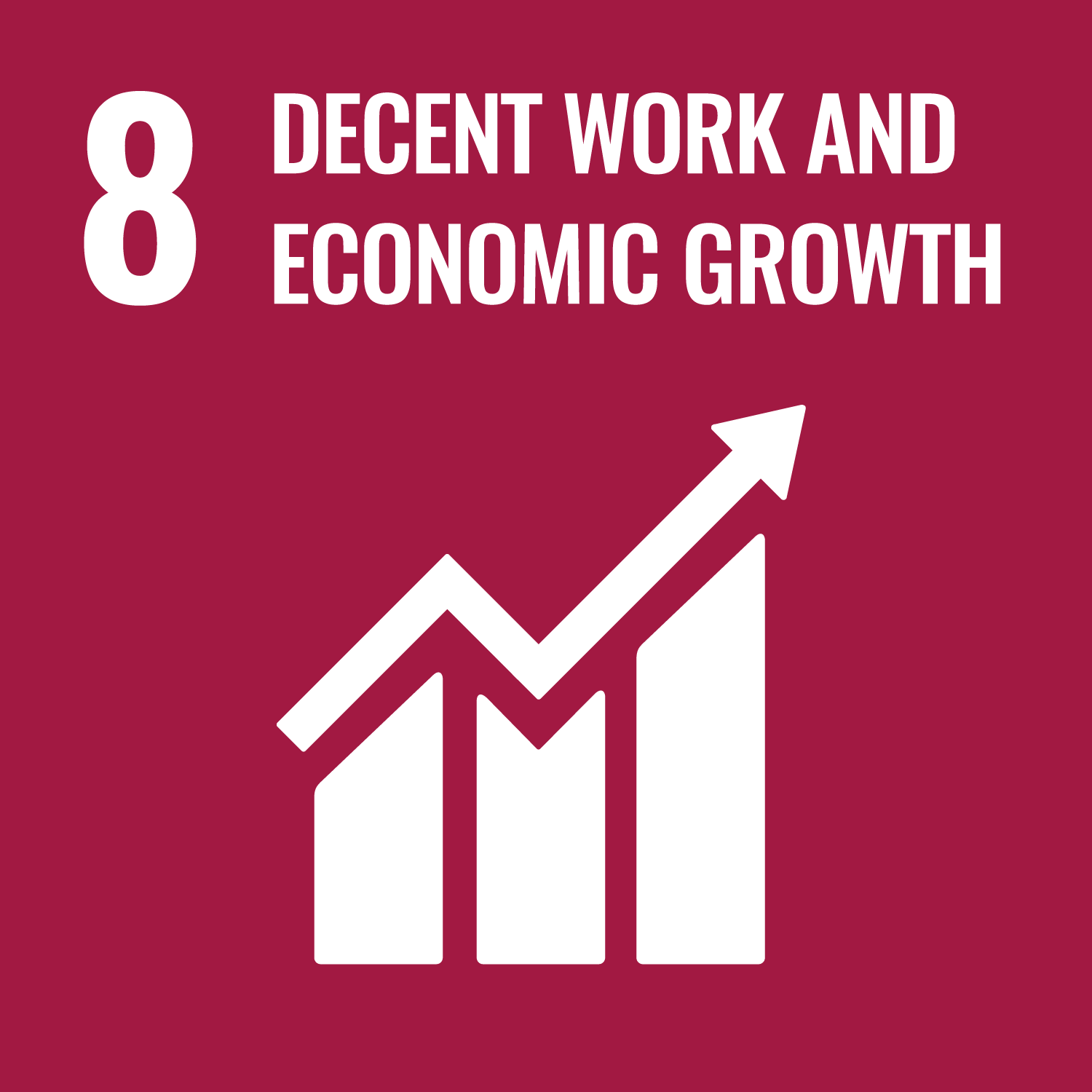The Science of Emotions
Professor Dr. Alvin Ng talks about why we need to be in touch with our emotions and how to keep them in check to be healthier and productive individuals
“We will experience strong emotions in life whether we like it or not, and if we do not learn how to manage our emotions effectively, they can stir up internal conflict and confusion, as well as inappropriate social responses,” said Sunway University’s School of Medical and Life Sciences associate dean (International) Professor Dr. Alvin Ng.
Poor emotional management can also lead to a lapse in concentration, poor decision-making, lower productivity, and a higher risk of mental health issues, Ng said.
The good news is that we have a choice in how we respond to our emotions.
“Science shows us that we can learn about why we feel a certain way, its consequences and how we can change the way we respond to the same event differently, so that there are better corollaries,” said Ng.
Vital for our survival
Emotions are part and parcel of being human, Ng said.
In fact, emotions are adaptive responses that play an important role in human survival, helping us navigate through life by assessing what could be nurturing and safe, or harmful and scary.
Emotions also communicate our subjective experiences, informing others of how we feel so that they know how to interact with us.
‘Being emotional’ often carries a negative connotation in society, with an emotional person seen as irrational, weak and senseless. In contrast, the general perception is that a stoic or emotionless person is wiser, distinguished and more likely to make better decisions.
“Once you start appreciating emotions as learning moments, you can learn how to detect common distortions in thinking, as well as irrational beliefs that we all have,” he said.
Not being able to express strong feelings can prove unhealthy in the long run, as repressed emotions may turn up in unhealthy ways such as pent-up anger or prolonged stress. This then negatively affects our physical health, with an increased risk of cardiovascular disease, said Ng.
Create a positive emotional culture at work
Companies would do well to encourage and enable employees to manage their emotions effectively, as it leads to better problem-solving, creativity, innovation, and time management – essentially, better productivity.
A workplace that acknowledges an honest expression of emotions – both positive and negative ones – creates a better and psychologically safe working environment. This in turn nurtures a positive organisational culture that can boost employee morale, said Ng.
Identifying problematic ways of thinking – or irrational beliefs – is the first step towards nurturing healthier emotional wellbeing, as we can then adopt more adaptive perspectives and keep practising them, Ng said.
Children could be taught emotional literacy so that they are competent in managing their emotions growing up, which contributes to their resilience and problem-solving skills, Ng said.
One way to promote emotional literacy at work is by focusing on effective communication, which necessitates reflecting on personal emotions and that of others.
Companies could also organise sessions on the importance of emotional literacy to break the negative stigma.
Emotional self-care
Whether virtual or face-to-face interactions, socialising or reaching out to others is very important in managing one’s emotions.
“It has been shown in many longitudinal studies that meaningful relationships and socialisation are key to better quality of life and emotional management. Pick up the phone and talk to someone,” Ng advised.
Behavioural activation is another way to reduce the likelihood of unpleasant feelings by pre-empting bad moods with opportunities for good moods.
“Think of all the things you do that make you feel good and list as many as possible every day. Include these activities in your calendar – at least two each in the morning, afternoon and night. These increase chances of feeling good daily – an example of positive psychology and a preventive approach to managing emotions”, Ng said.
This article first appeared in Berita Sunway Issue 75




































